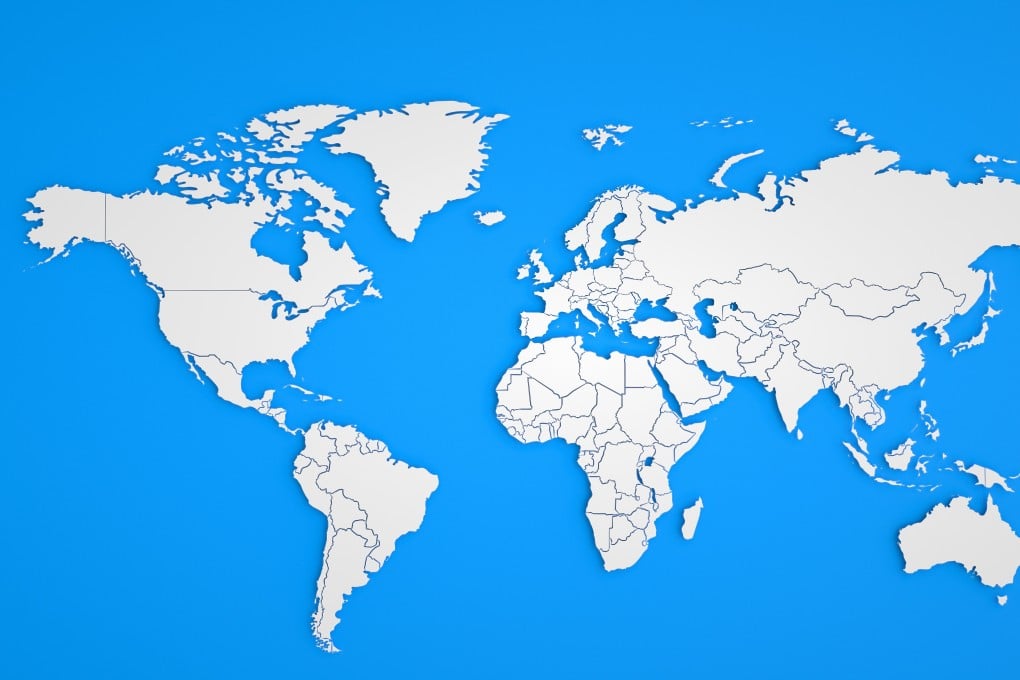My Take | Where did the idea of ‘East vs West’ come from?
- Most current ideological debates are really predetermined banalities and trivialities pretending to be legitimate political ideas, buried under layers of assumptions and presuppositions we barely know exist

The late French philosopher and historian Michel Foucault wrote an intriguing book called Les mots et les choses. I don’t know why its English publisher decided to retitle it as The Order of Things. Words and things are exactly what Foucault was getting at, that is, how they are constituted as signifiers and signified in highly unstable and morally questionable (even indefensible) systems of “episteme” or “knowledge” that predetermine what and how we think. Since the “system” – or the matrix – underpins our whole global outlook, we can’t see it any more than the eye can turn back to see itself.
Many of our everyday concepts are exactly like that. They think us, rather than we think them. How I think about the West and how you think about China are already tainted by preconceptions and prejudices buried deep in our histories and cultures and socially conditioned personalities. That’s why most of what you and I think about each other and our respective countries are just predetermined banalities and trivialities pretending to be legitimate ideas.
“East vs West” that haunts so much contemporary discourse, from highbrow academia to tabloid journalism and online rants, is one of those morally and intellectually shaky and questionable epistemes. Perhaps those words already contain all the layers of meanings that we now throw at each other while we think we are debating and criticising and denouncing each other in a cognitive void into which we were thrown but completely unaware.
Where did “East and West” come from? More precisely, where did the terms “Asia” and “Europe” come from? In A study of History, Arnold Toynbee claims Herodotus (possibly 484-425BC) was the first writer to come up with the contrast that underpins the way we use those words today. And Herodotus did it before people thought there was something called Asia and Europe.
Most intriguing! Can a man’s imagination conjure up a thing before there is such a thing? Can (meaningful) words precede things or better, create them? That’s what Foucault thinks: words constitute things, thoughts like opinions conjure up our so-called realities.
Before Herodotus, there was already the tragedy Persae or The Persians, written by Aeschylus in 472BC, in which Persia was already identified as “Asia”. What Toynbee specifically meant is that Herodotus came up with East vs West. As with most developments in history, Herodotus’ idea came out of violence and war.
